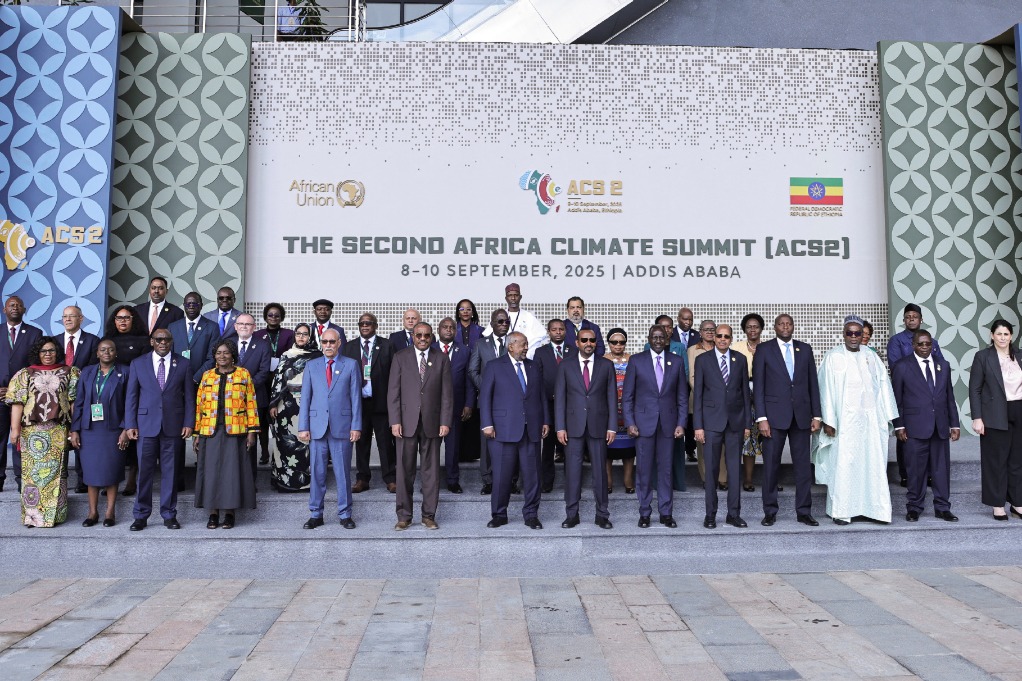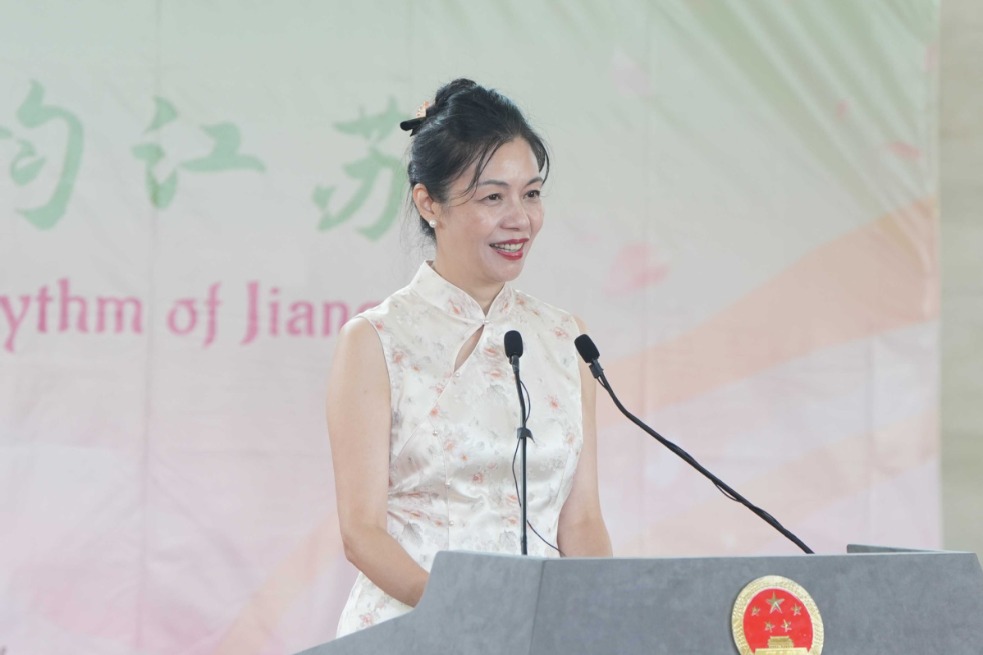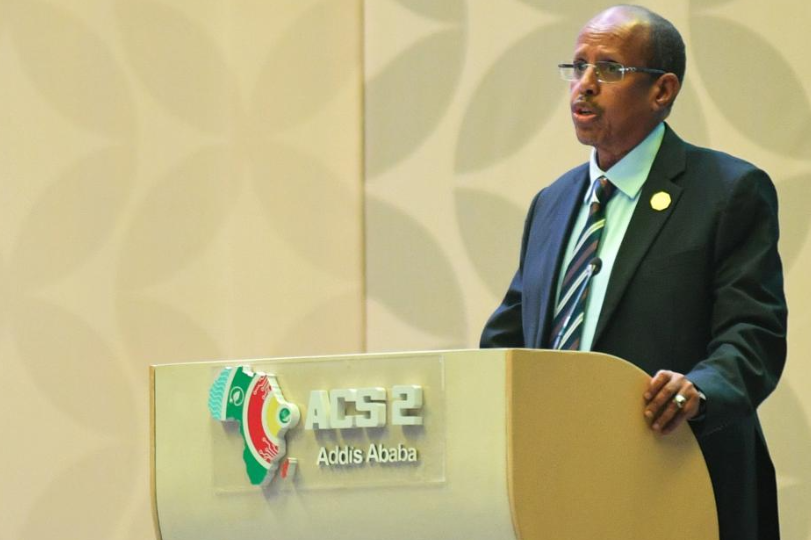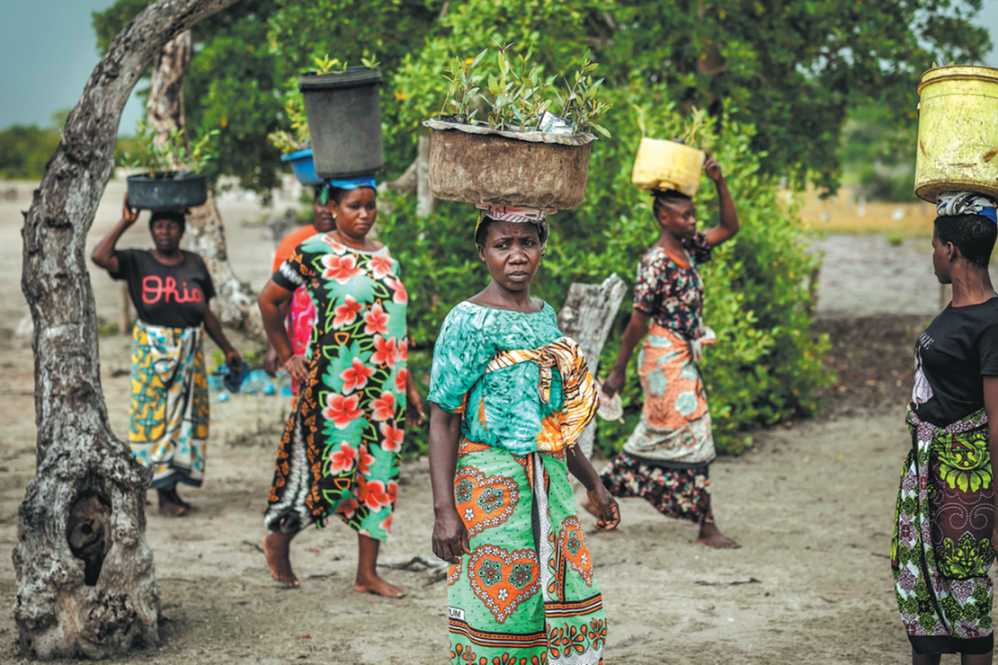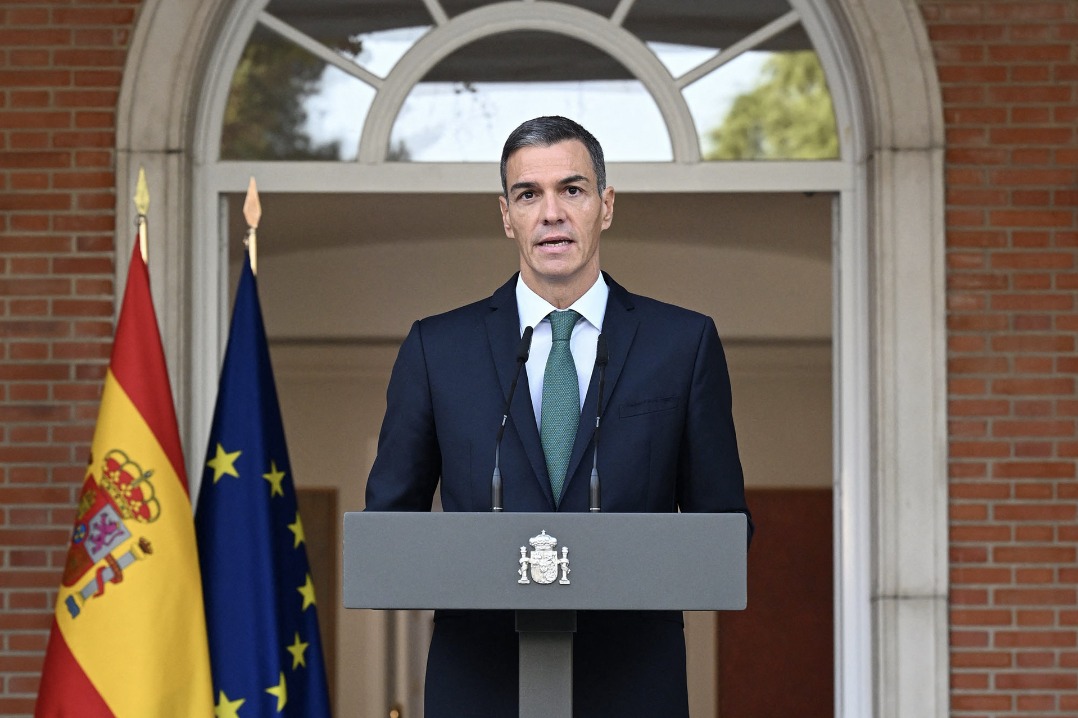Solidarity during war of resistance still crucial

Commemorations of the 80th anniversary of the victory in the Chinese People's War of Resistance Against Japanese Aggression (1931-45) and the World Anti-Fascist War were witnessed across the globe on Sept 3. That date in 1945 marked Victory Day in China and came a day after Japan's official surrender, bringing an end to the heroic, 14-year war of resistance and to the world's total resistance against fascists.
The Chinese triumph was not merely the conclusion of a national war against aggression; it also signified a shared victory for humanity against imperialism and fascism.
The year 1945 also holds profound significance for the Korean Peninsula, as Korea was liberated then from Japanese imperial rule following numerous struggles to fight foreign aggression across China.
The Chinese People's War of Resistance Against Japanese Aggression started in 1931 and intensified in 1937 following the July 7 Incident, also known as the Marco Polo Bridge Incident. The conflict constituted modern China's first full-scale war for its survival as a modern nation-state and culminated in a total victory at the cost of the more than 35 million Chinese military and civilian casualties during that period.
Simultaneously, it acted as the catalyst for a united front, during which the Kuomintang and the Communist Party of China formed a national coalition against Japanese aggression. This unity, forged amid division and collective sacrifices, ensured that China would ultimately win the war against the brutal Japanese aggression.
This victory was not exclusively an accomplishment for China. It represented the culmination of collaborative efforts by the Allied forces in the Pacific War, joined by Soviet Union and United States forces and complemented by the devoted contributions of Korean anti-fascist independence activists, among others.
The experiences as a result of efforts to fight Japanese aggression established a bond of friendship between the peoples of China and the Korean Peninsula, grounded in shared sacrifice.
Eighty years later, East Asia once again finds itself embroiled in concerns over potential conflict and tension. Disputes over historical interpretation, territorial disputes and the US escalation of moves to contain China have hindered regional cooperation.
While the economies of the Republic of Korea, China and Japan are intricately interconnected, politically, they should all face history squarely, draw lessons from history and pursue peaceful development. Commemorations of the 80th anniversary of the victory in the Chinese People's War of Resistance Against Japanese Aggression and the World Anti-Fascist War obviously aim to promote peace, and all countries in the region must reflect on history with an honest attitude and make a clean break from militarism.
The great spirit of the war of resistance goes beyond celebration of triumph. It involves rejecting imperialism, hegemony and aggression, while promoting peace and fostering awareness of a community with a shared future for humanity. Therefore, countries in the region must take concrete steps in that direction and engage in proactive cooperation to create a peaceful and prosperous future.
To achieve this, it is crucial to foster people-to-people exchanges and communication, especially among younger generations. Sustainable peace in East Asia can only be achieved when we have a correct understanding of history and the courage to shake off negative external influences to pursue independent national policies aimed at promoting regional peace, stability and prosperity.
The solidarity demonstrated by Chinese and anti-fascist independence activists on the Korean Peninsula 80 years ago offers a crucial lesson for addressing contemporary transnational challenges such as climate change, pandemics and supply chain crises.
In the face of problems that no single nation can resolve alone, East Asian countries must once again embrace the shared vision that collective action can lead to success. Meanwhile, numerous young people, who were key players in the victory, did not shy away from sacrifice.
What is expected of today's young people is not armed struggle as in the past, but rather a new form of leadership that can promote international cooperation and mutual understanding.
It is essential that future generations can remember the anti-fascist history and make a catalyst for peaceful collaboration.
The 80th anniversary of the victory in the Chinese People's War of Resistance Against Japanese Aggression and the World Anti-Fascist War goes beyond commemoration of a historical event. It should also serve as a pivotal moment for East Asia to progress toward a peaceful community.
The author is chairman of the Korea-China Exchange Promotion Committee based in Seoul.
The views do not necessarily reflect those of China Daily.
















